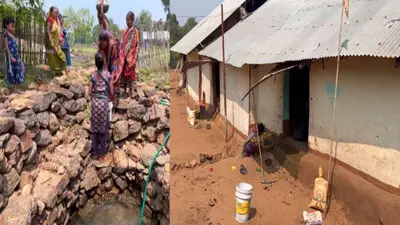Recommended Stories
"The draft communal violence bill is not practical and infringes upon the rights of the state," Chief Minister Naveen Patnaik told reporters emerging out of the National Integration Council meeting here.
Addressing the meeting, he expressed concerns over several provisions, especially Section 20, of The Prevention of Communal and Targeted Violence (Access to Justice and Regulations) Bill, 2011.
He said it could be exploited by "mischievous groups who can provoke violence and then make demands for imposition of President`s rule".
"I, therefore, strongly oppose introduction of such a Bill which compromises the spirit of cooperative federalism and infringes on states autonomy," he said at the NIC meeting here, seeking wide ranging consultation with the states to sort out misgivings and arrive at a consensus.
He said constitution of two more authorities as per the provisions will lead to "multiplicity of fora" to scrutinise state governments` actions as already a number of monitoring agencies exist for carrying out such supervisions.
Setting up a `national authority for communal harmony justice and reparation` and `state authority for communal harmony justice and reparation` with overlapping jurisdiction may also lead to "confusion" in sensitive situations, he said.
Besides, the Centre may "interfere" in the jurisdiction of the state government directly or indirectly through the former proposed body, he observed.
"The Bill provides for vesting unfettered powers in the national authority for communal harmony, justice and reparation which would effectively curtail the jurisdiction of state governments and it would go against the spirit of state autonomy," Naveen said.
He contended that "Orissa has a long history of communal harmony".
Referring to some other "objectionable provisions", he said they can be also misused to harass government officials which could lead to a fear and breakdown of chain of command in the rank and file of police officers.
Spelling out his government`s initiative for uplift of the marginalised and downtrodden sections, he stressed that royalties generated from mining should be invested in infrastructure development.
He urged the Prime Minister to consider his proposal for introducing mineral resource rent tax charged at 50 per cent surplus to mining companies.
"The additional royalty could be invested in infrastructure and jobs, which could directly benefit tribal community in mining-affected areas," he said.












